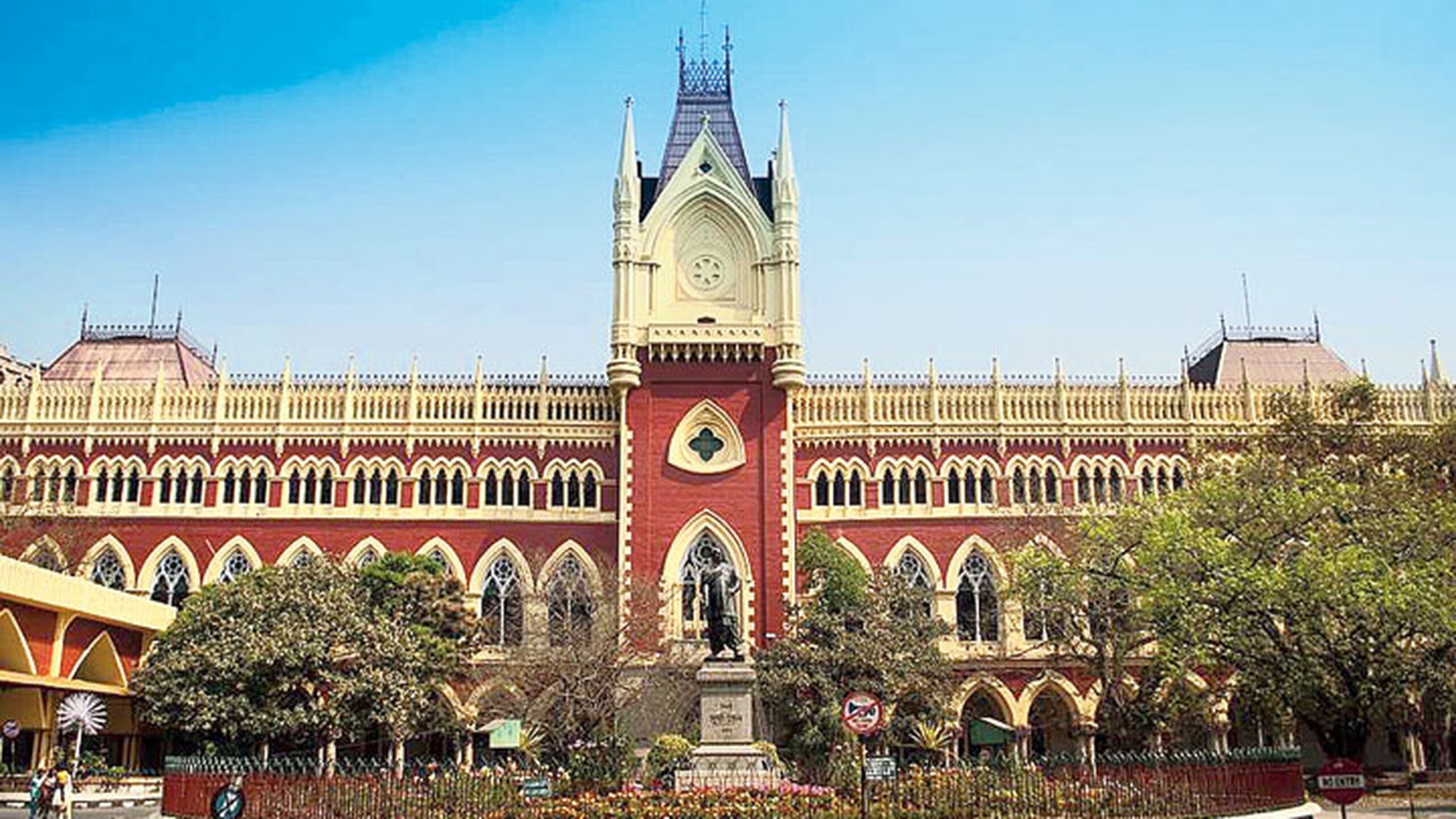Synopsis: The Bench noted that for months, the reports sought from the local CFSL remain outstanding in many matters.
On Thursday, the Calcutta High Court directed the central government to open more CFSL centres in the state during criminal investigations for expeditious forensic examination.
The Court has also expressed the need for exclusive DNA outlets to be set up. A divisional bench comprising of Justices Sanjib Banerjee and Arijit Banerjee stated that the Union should make every attempt to sanction more posts and, if possible, to open branches in other parts of the State to ensure expeditious examination, inter alia, of narcotic substances and materials sent during criminal investigation. Exclusive DNA test outlets will also need to be set up, now that such tests are regularly used in criminal investigations.
The Court issued these directions while hearing a writ petition filed by Rebaka Begum, who said that her missing husband had actually been arrested. She said that she was not aware of where her husband was being detained. Subsequently, on 22 December, the concerned inspector-in-charge filed a report in the Court claiming that they had found the skeletal remains of a man (suggesting that the same may be the husband of the petitioner) and that the same had been sent for testing to the CFSL.
At this juncture, the Court was compelled to take account of the CFSL Centers’ diminished state. The Bench noted that the reports sought from the local CFSL persisted outstanding for months on many topics. The Court noted, in this sense, that the facilities at the local CFSL had to be expanded. Over the years, this court has reiterated that the facilities are inadequate that the offices are short of employees and the requisite equipment may not be available. In addition, the Court noted that it hoped that the learned Additional Solicitor-General would take appropriate immediate steps to increase the facilities and boost the local CFSL’s output.
The Additional Solicitor General, present at that hearing, submitted to the Court that steps had been taken by the Government of the Union to fill all of the CFSL’s sanctioned posts. It was also argued by the Additional Solicitor General that, on a contractual basis, the Union Government had also employed more people in the CFSL for speedy testing. The Bench noted that these measures were not adequate to improve the conditions of the CFSL and considered that it was necessary to open more testing centres with more permanent sanctioned posts, in order to speed up the impending need.
As regards the present case, the Court ordered the CFSL Centre concerned to carry out the task of carry out the DNA and other tests as quickly as possible and to submit the results to the Court by the next hearing, which will take place fortnight after the Court’s vacation.

